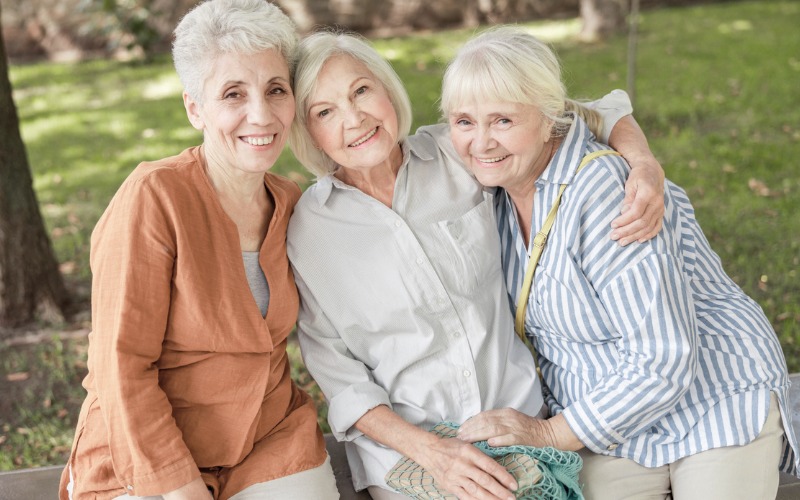After once again getting used to going where we want when we want, COVID-19 dropped its latest variants. On September 11, 2023, the CDC approved new COVID boosters amid upticks in cases and hospitalizations across the U.S. And they encourage you to get it before your next trip.
“We have more tools than ever to prevent the worst outcomes from COVID-19,” said Director Mandy Cohen, M.D., M.P.H. “CDC is now recommending updated COVID-19 vaccination for everyone six months and older to better protect you and your loved ones.”
Knowing how to travel safely is always important, but during our current viral onslaught, safety is more crucial than ever. Amid a carousel of new variants and rising flu case counts, it can be hard to know what to do when it comes to travel these days.
To help you satisfy that wanderlust safely, we’ve updated our travel safety guidelines. We added specific tips about protecting yourself and your fellow travelers during the ongoing days of the coronavirus.
It’s important to stay updated on the latest travel guidance from the CDC to keep you and those you visit safe and healthy.






